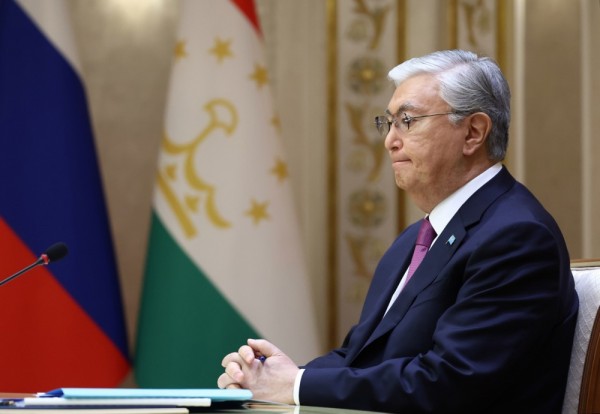The International Press Institute (IPI), the global network of editors, leading journalists and media executives in over 120 countries, welcomes the decision by the President of Kazakhstan, Nursultan Nazarbayev, to veto the restrictive media law.
In his opening statement at the Eurasian Media Forum on 22 April 2004, President Nazarbayev stated he will not ratify the Law on Mass Media in its present form. The law would have increased government powers to shut down media outlets and impose tighter controls on registering media.
Nazarbayev said, “Taking into account the legal aspects of this situation and the opinion of both the public and journalists I decided not to object to the Constitutional Council’s decision and as such the new law on mass media is rejected.”
Journalists, international organizations and human rights groups welcomed the veto, which comes after months of debating the law.
Present at the Eurasian Media Forum, IPI Director Johann Fritz, described the decision as a victory for press freedom in Kazakhstan. “While this may be a small step for Nazarbayev, this is a great step for the journalism community of Kazakhstan,” Fritz said.
IPI produced an in-depth analysis of the draft law in July 2003, where it concluded that in its present form, the legislation fails to respect international standards on press freedom and freedom of expression, including Article 19 of the International Covenant on Civil and Political Rights, which Kazakhstan signed in December 2003. The Kazakh Parliament approved the law on 18 March, and IPI wrote to President Nazarbayev on 23 March asking him to veto the law.
In its examination of the law, IPI said it “contained areas where there was a distinct need to remove ambiguities and contradictions in the wording of the legislation in order to avoid abuse by the authorities. If the proposed law were to remain in its present form, it would be difficult not to see the law as a government inspired attempt to control and intimidate the media.”


